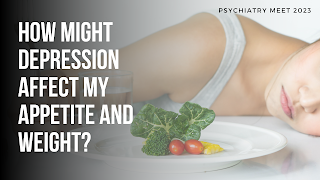Insomnia and Mental Health!!!
Not getting enough sleep, not feeling refreshed, and having trouble falling asleep are common sleeping issues. This issue may make it difficult for you to function during the day and have negative impacts on your relationships with family, friends, and coworkers. Sleep issues may be a complication of a physical ailment like sleep apnea or a mental health issue like depression. Sleep problems may indicate a developing illness like bipolar disorder. Numerous physical and mental health illnesses can be made worse by sleep-related issues in addition to having an impact on sleep itself.
Insomnia has been identified by
researchers as a risk factor for both major depressive disorder and depression.
In fact, those who suffer from insomnia are twice as likely to experience
depression as those who don't. Prior to knowing otherwise, it is believed that
insomnia was a direct cause of depression. Treatment of the insomnia might be
helpful to keep the patient from developing depression.
There is a symbiotic association between insomnia and
mental illness, with up to 90% of persons with depression reporting sleep
issues and approximately 50% of adults with insomnia having a mental health
issue. The question of whether treating insomnia will help those who suffer from
mental illnesses including depression and anxiety is the subject of current
research. There is some evidence that treating insomnia psychologically (via
cognitive behaviour therapy) and medically will help the symptoms of mental
health issues.




Comments
Post a Comment